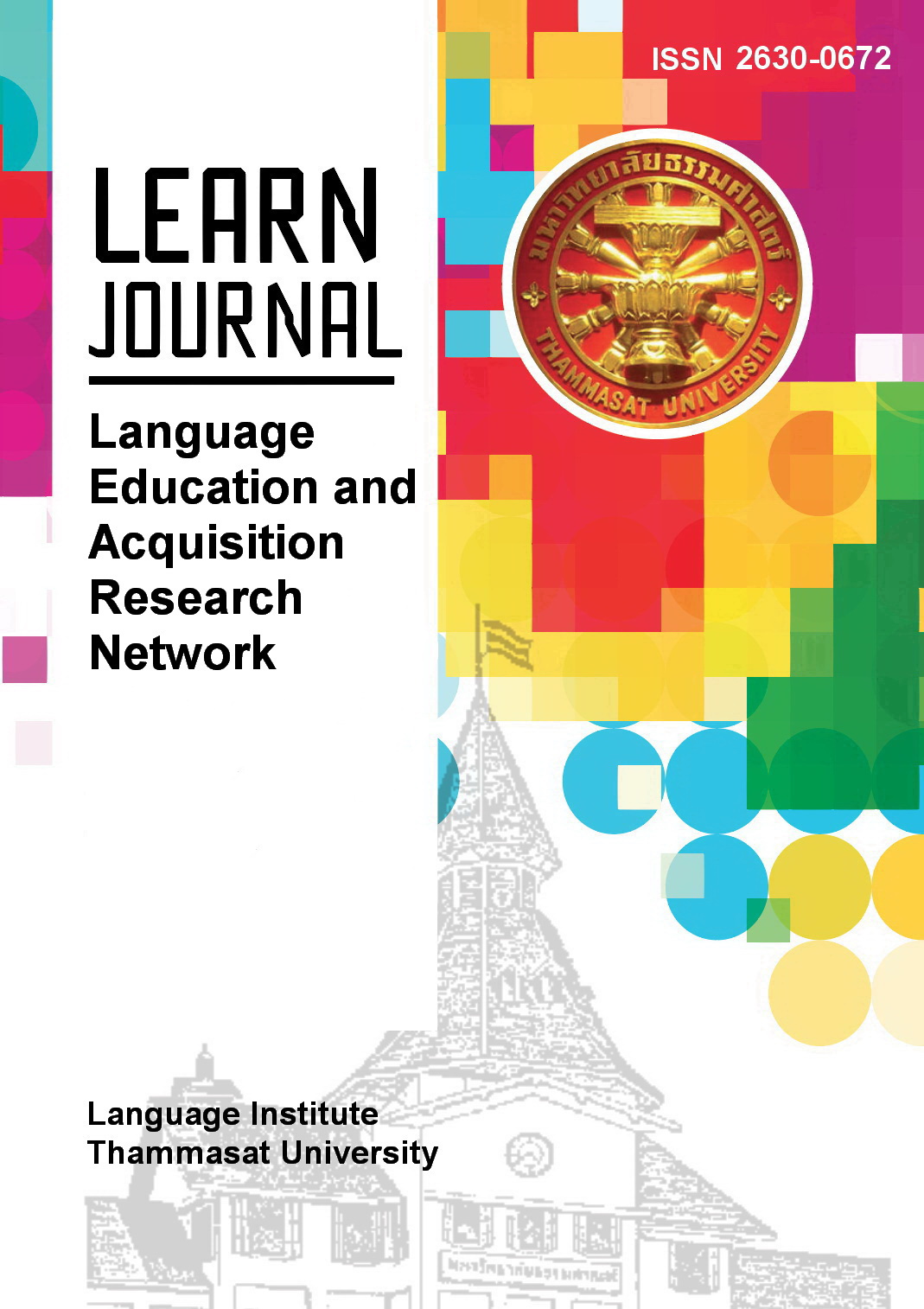Authentic Digital Storytelling as Alternative Teaching Strategy to Develop Speaking Skills in EFL Classes
Main Article Content
Abstract
The research study intends to determine the effectiveness of authentic digital storytelling as an alternative strategy to improve speaking in EFL classes at the university level. The research follows a quantitative paradigm, and a survey was first administered to capture participants’ perceptions of the everyday speaking activities employed in classes. Most of the participants acknowledged the importance of authentic communicative strategies to improve oral skills; however, in practice, both teachers and students believed that the strategies used in class are not authentic and communicative at all. Based on the survey results, authentic digital storytelling was introduced to determine if it improves students’ oral skills, specifically speaking. A pretest and posttest activity was applied using a rubric that assessed the student’s sense of organization, quality of language used, mode of delivery, supporting material used, and the central message’s quality to determine the effectiveness of using digital storytelling as a communicative strategy. The significant findings show that authentic digital storytelling significantly improved students’ speaking skills; however, its implementation required teachers’ willingness to apply novel communicative strategies inside and outside the classroom.


